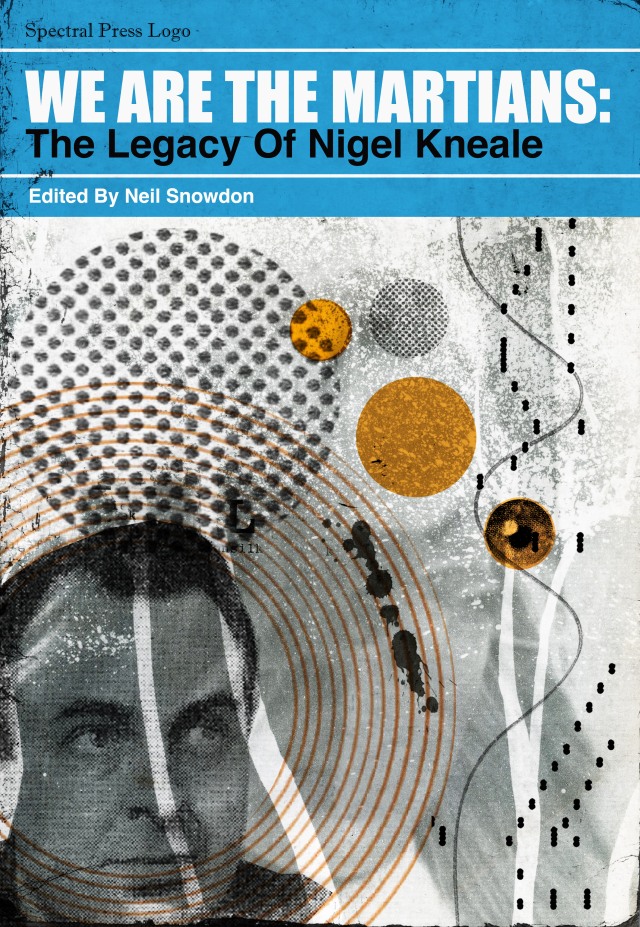Back in 2000 when I set out to publish Supernatural Tales, it didn't occur to me that it might have some therapeutic effects. However, when I accepted a story called 'Cats and Architecture' by Chico Kidd it started a major supernatural saga. It turned out that Chico, who also wrote supernatural fiction for some years under her 'real' name A.F. Kidd, had been suffering from bad writer's block. But when she crafted a tale of a Portuguese sea captain who escapes from a sorcerer's thrall in Venice the creative log-jam was cleared, in a big way.
Since then she has written many more short stories and two novels about Luis da Silva, the captain and owner of the barque Isabella. Da Silva is cursed, or blessed - depending on your viewpoint - with the ability to see ghosts. He lost an eye to a demon to gain his ghost-seer status. And he also remained entangled with a shadowy world of strange beings and paranormal conspiracies that exists parallel to, and intersects with, history as we know it.
Thus the latest da Silva novel begins in Lisbon in what I assume, for various reasons, is the year 1913, where a serial killer is slaughtering apparently random victims in a very disturbing way. The killer is dubbed The Werewolf, which is not good news for da Silva's second mate, Harris. The amiable Harris is a werewolf, but tends to stick to rats. Reasoning that this will not sound persuasive to an angry mob with access to silver bullets, Harris and his captain both have a strong incentive to find the killer.
But there's more to it than that, of course. Indeed, the serial killer sub-plot is almost a side issue compared to the main thrust of the novel. A great calamity is coming that will set the world in turmoil. An obnoxious British politician, Sir Robert Munro, is seeking ultimate power and has gone to Hell itself to discover the means. Da Silva is recruited to look into Munro's antics by some concerned citizens in London - among them is a certain Carnacki. And so the scene is set for a long, richly-textured historical adventure that happens to involve ghosts, demons, witches, prophecies, heroes, more ghosts, swordplay, and much plotting and counter-plotting.
In the blurb for the novel da Silva's cohorts are referred to as the Scooby Gang, and it's clear that the author is a huge fan of Buffy the Vampire Slayer. (There are a few straight lifts from that series in terms of dialogue, notably least the use of the phrase 'Bored, now.') As in Buffy we get a lot of colourful characters who have complex personal lives as well as various unusual powers. Indeed, only a handful of the major characters - of which there are about twenty - don't have some kind of paranormal ability or magical knowledge. This gives the adventure an epic sweep, although it may make the reader wish for a diagram to illustrate how all these people are involved with one another. But then, the same could be said for anyone starting to watch Buffy in the middle of season four.
Indeed, there's enough in the way of ideas and action in
TWoL for two good novels. The 'werewolf' story more or less fades away, superseded by a quest for mystical objects, the Grail Hallows, which must be retrieved for the Fisher King. Da Silva must face a series of challenges to prove himself worthy to obtain the mystical objects, and is assisted by comrades old and new. Prolifically inventive, Kidd is careful to shepherd the reader through the action and remind you who is who, and interweaves several parallel narratives while keeping the focus on the captain.
Since I've mentioned
Buffy, it's worth noting that Luis da Silva bears a passing resemblance to the hero of a less well-known Joss Whedon show. Da Silva is a bit like Malcolm Reynolds in
Firefly. He is the owner and master of a trading vessel whose crew and passengers are unorthodox and is not always law-abiding. The main difference is that, unlike Mal, Luis tries to stay on the right side of the law and has the a loving family - his wife Emilia and their two children. This brings its own problems, of course, not least because of the seductive charms of the Russian witch Tatiana, who plays a key role in his quest.
The actual quest for the Grail Hallows itself did seem a bit rushed to me, as if the author realised she'd spent too much time on the build-up and needed to get things sorted before page 500 loomed. This is a pity, because for my money the last few chapters contain some of the best writing in the book. My favourite passage is - on the face of it - quite peripheral to the action, but might be seen as the spiritual heart of the quest. The
Isabella passes Cape Trafalgar and encounters the ghosts of the ships destroyed in Nelson's victory. It's a truly eerie moment, and foreshadows the greater conflicts that we know will soon overwhelm da Silva's (relatively) peaceful world.
You can buy the book in the US
here, and in the UK
here. Chico Kidd's blog is
here.





